They both get harder to maintain as they get older, and if you don’t plan for obsolescence, they can both fail.
It’s common sense. As things get older, they become more expensive to maintain. For example, an antique car was state-of-the art when it first came out. It performed beautifully, and the parts were easy to find. If it had any real problems, it could be taken into the dealer for repairs. However, now that the car is a classic, it requires a lot more upkeep. In the past, it only needed to be taken in for oil changes and tune ups. Now it needs a new transmission, replacement brakes, a new timing belt and a new radiator… and as time passes, the mechanic can’t even get the parts he needs to fix it.
As the components become harder to find, the odds that your car can even feasibly be repaired get more remote. At first, you might scour junkyards and advertise online, looking for those crucial pieces of equipment, but eventually you will probably end up having to find someone who can reverse engineer or custom build the needed parts for you. And now a part that may have been $300 new is going to cost you hundreds more — if not thousands.
With each transaction, that car gets more and more expensive to fix and maintain, but some cars just can’t be replaced.

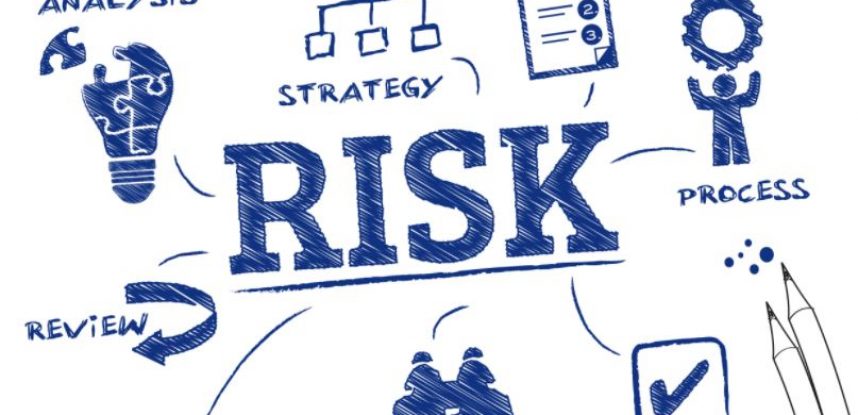
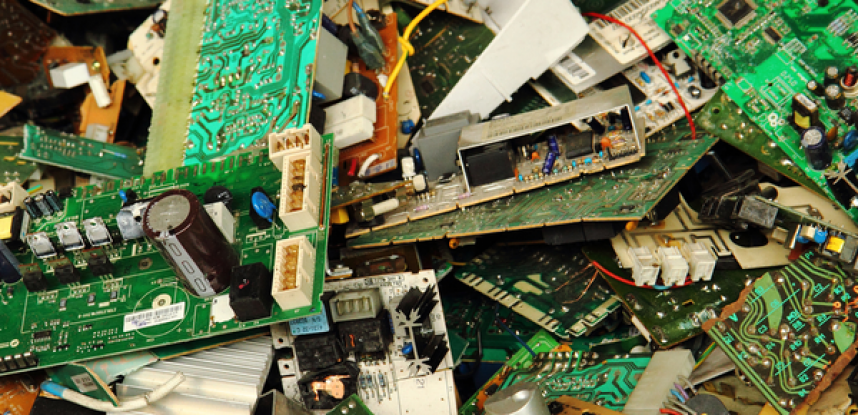
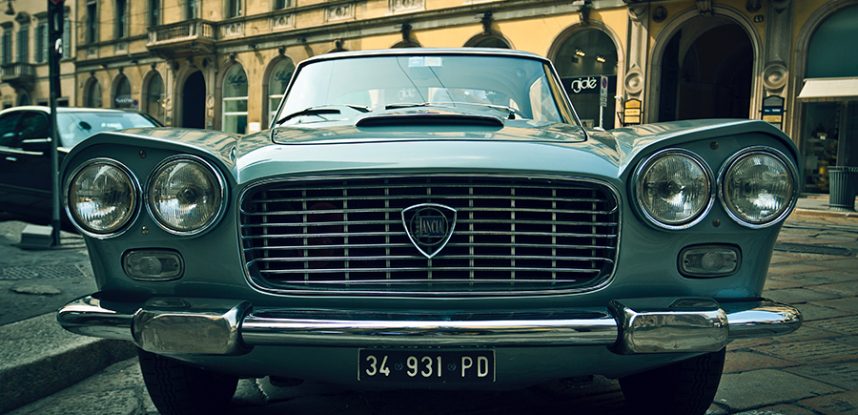
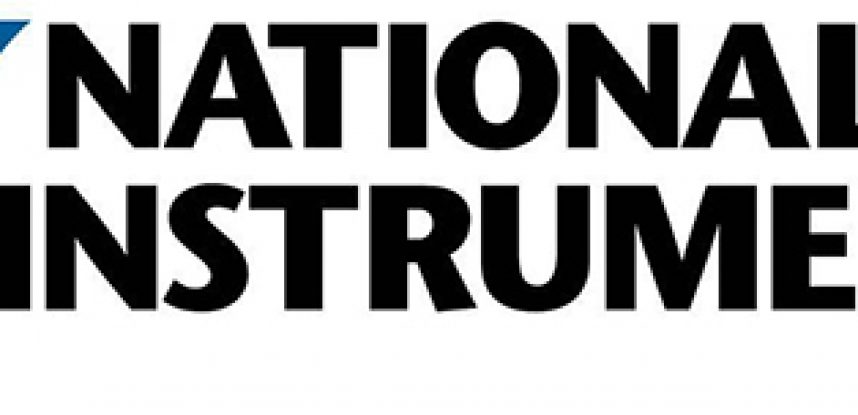

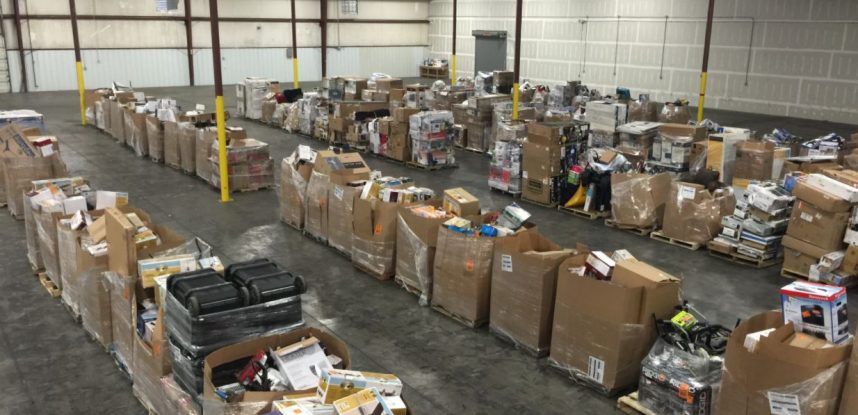
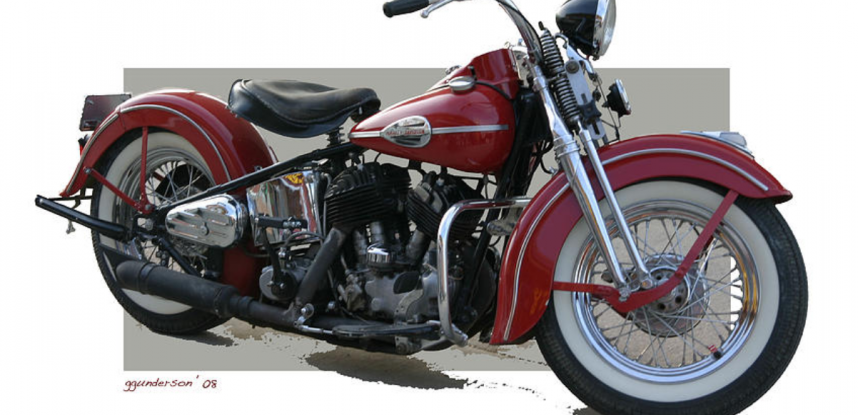
 You may not know about Brooks Stevens, and today is his birthday.
You may not know about Brooks Stevens, and today is his birthday.

 Following its development in the late 1970s by Motorola, VME bus continues to see wide use across many different equipment industries today. In fact, the first COTS VME boards to enter the domestic market (c 1983) were the
Following its development in the late 1970s by Motorola, VME bus continues to see wide use across many different equipment industries today. In fact, the first COTS VME boards to enter the domestic market (c 1983) were the